Mercy Ships
The operating room was prepped for a lengthy procedure. Working on one of the Mercy Ships, the Africa Mercy, which was in Guinea then, a young man with a large overgrowth of his gums held mysteries underneath the mass slightly larger than a softball and completely covered his bottom teeth. While the CT scan from onboard the ship gave the surgeon some idea of what to expect, the procedure was scheduled to last 4-5 hours, and the surgeon was expecting some difficulty with this surgery.
I interviewed the patient with one of the hired day crew. Every place that Mercy Ships dock hires local workers to come on board and translate. The local workers are the only paid workers on the ship. Every other worker pays to travel to and from the ship and for their room and board during the time on the ship, some paying directly and others paying by fundraising. This model of self-funded workers allows Mercy Ships to focus all of their financial resources on providing free care “to the world’s forgotten poor.”

Interviewing the patient involved talking with the young man’s mother since the mass had impaired his ability to speak or even smile. Once all the checkboxes were in order, we walked the young man back to the OR suite. There, he lay down on the operating room table as anesthesia prepared to put him off to sleep. With a strong commitment to training local healthcare professionals, a Guinean anesthetist was invited to observe the nasal intubation that this young man would require. With the patient safely anesthetized and intubated, the procedure could begin.
Within a half hour, the procedure was done. The anticipated surgical complications didn’t come up. For years, this man had suffered from a mass that impacted every part of his life – how he ate, how his neighbors saw him, how he interacted with others – and within a short time, the surgical team restored this man’s smile.

Mercy Ships was one of the most rewarding experiences of my life. I joined an organization committed to giving first-world care to people living in third-world contexts. The ship Africa Mercy brings a fully-stocked, quality hospital to the people, and the organization prioritizes the dignity of every person.
My experiences with Mercy Ships also helped encourage me to work with Nurses International. I saw firsthand the impact of teaching and empowering local people in the global community from Mercy Ships. With Nurses International, I’m committed to working alongside other nurse educators seeking to teach and empower local people in global contexts. I learned what it looks like to work alongside many different cultures from Mercy Ships. With Nurses International, I continue to work alongside professionals from different cultures, which helps inform the curriculum we develop. Just like Mercy Ships is committed to high-quality patient care, Nurses International is committed to producing high-quality nursing education worldwide.
“Around the world, people who have volunteered with Mercy Ships speak of it as the experience of a lifetime, filled with many dimensions. The opportunity involves the chance to travel and experience a new culture, use your skills to tackle complex cases that are not seen in many parts of the world and work alongside medical professionals from 66 nations as part of a safe, nurturing community.”
Laura Rebouché, Mercy Ships U.S. National Media Relations Director
To learn more about this unique opportunity to give back and share your skills, visit: https://www.mercyships.org/get-involved/volunteer/.
Cathrine Fultz
Author
Share this post
Nurses International is a non-profit entirely focused on helping nurses obtain the education and the support they need to make a difference in developing nations worldwide.
We connect colleges and institutions with experts who can take their nursing programs to the next level. We help establish new nursing programs where they’re needed most. And we eliminate the barriers that stand between students and education.
QUICK LINKS
CONTACT US
FOLLOW US
EIN: 46-4502500